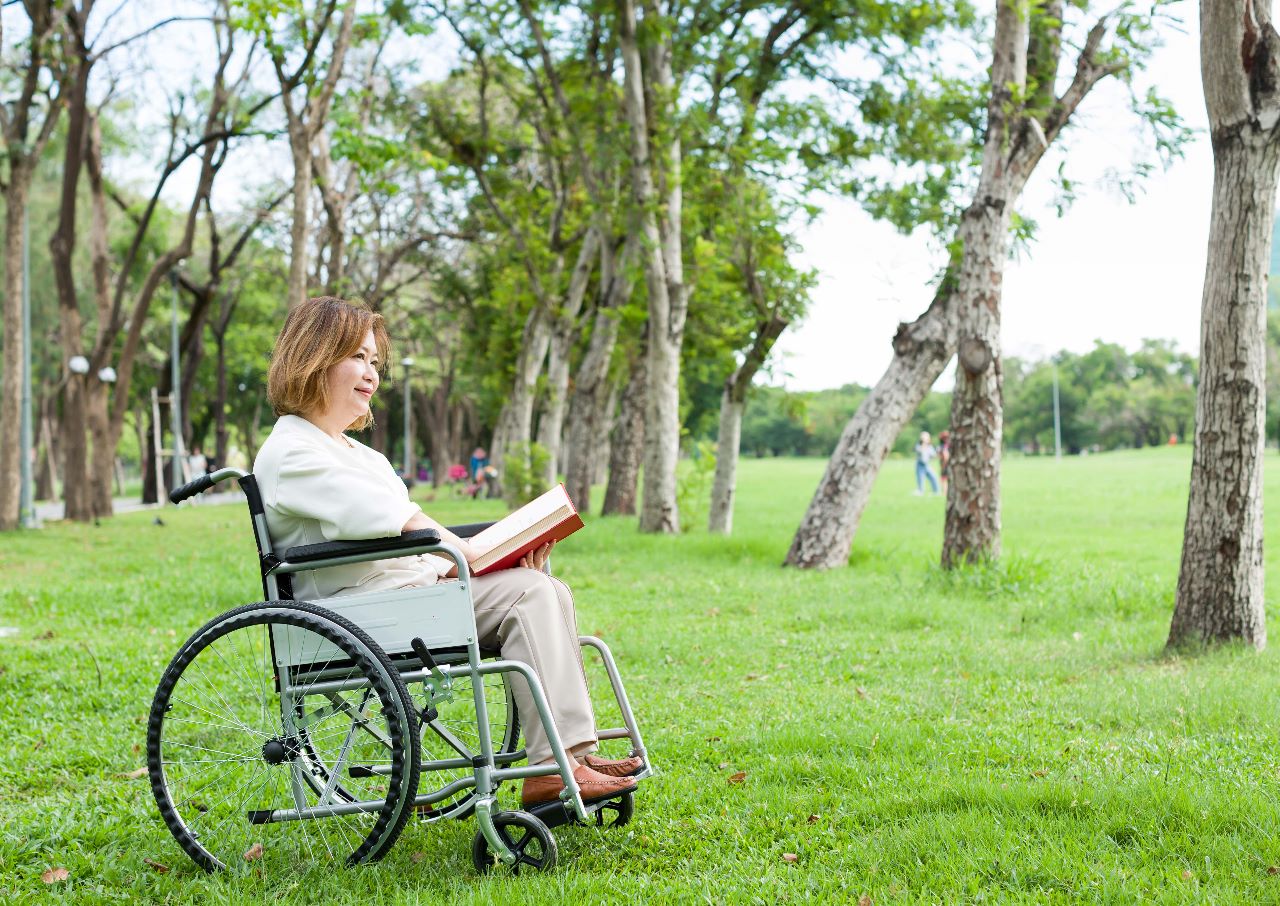Various rehabilitation cases of patients due to temporary or permanent disability are treated in Care Transition Clinics, and they guarantee specific treatment for each new case or reality. Young people, adults, or the elderly undergoing spinal cord injury rehabilitation or palliative care are some of the services offered at transitional care clinics.
A young patient with anaplastic astrocytoma, for example, requires palliative care. It is a reaffirmation of life and death as natural processes which aims to integrate psychological, social and spiritual aspects into the clinical issue of patient care. It is not about hastening or delaying death, but rather providing a support system to help the family cope with the illness, in their own environment.
The goal of therapy is to reframe the meaning of death and emotional appreciation. “While detailing familial concerns and suffering, where emotional bonds are mainly responsible for coping resources, strategies are developed to assess their wishes and legacy-built letters with loved ones. To illustrate, a letter can be written as a way of immortalizing memories through words,” stated Gracie Kelly da Silva Oliveira, psychologist at Clínica YUNA.
According to the palliative care specialist, this is one of the biggest challenges in palliative care, i.e. giving the patient a voice in the family scenario of goodbyes and suffering. “We implemented the ‘last letter’ as a way to validate the need to leave her wishes to those who loved her,” she declares.
Another situation she encountered was understanding the pleasure she took in the foods her sister prepared, especially the sweets (described in the biographical table). To fulfill this wish, and with the supervision of the feeding service, the sister can use the friendly kitchen to prepare dessert. “However, moments of savory pleasure were reserved, because it was one of the main values in the patient’s life: emotional exchange through food,” Oliveira explains.
When we talk about palliative care, we talk about life. In the face of many encounters, bringing the path values of a person who is in the process of saying goodbye is essential. “After all, it is time to give dignity to the care plan, to value the patient’s existence as a legacy, to take care of his feelings, his pain, his spirituality. At the same time, it is necessary to support the family, accept suffering and give new meaning to the human being through what is eternal life: his memories,” he continues. Psychologist.
Another common situation in transition care is caring for a patient after a spinal cord injury, who experiences a sudden loss of neurological function below the level of injury. Often defined as paraplegia or quadriplegia, it is important to remember that the function that the spinal cord develops interferes not only with movements, but also with organic functions, such as, for example, bladder and bowel control.
Spinal cord rehabilitation aims to promote the maximum possible neurological recovery as well as facilitate adaptations needed to achieve greater independence and autonomy. Throughout the entire procedure, work is done on increasing muscle tone, sensory stimulation, joint care, controlling muscle tone and skin health. In addition, care for the organic functions of the bladder and intestines is taught so that the patient can maintain the health of his body.
The multidisciplinary team works to address all aspects of rehabilitation, be it biological, psychological or social. While he is recovering, the team is supporting him to cope with the changes caused by the injury while trying to restore his neurological function as much as possible,” explains Luca Adan, physiotherapist at YUNA news agency.
The chronically ill, also known as continuing care patients, often benefit from being in a transitional care clinic because of the assurance that daily care is required for them. This also applies to the need for medical follow-up to adjust medications and a specialized team to deal with and manage daily needs.
“It is very common for patients with multiple hospital admissions in a row to remain stable and without the need for new management in an acute care hospital after admission. Because they now have regular medical, nursing, and multidisciplinary team follow-up, it is possible to predict compensation or address changes in The general picture is too early, including shortening their stay and returning home,” explains Andre Daniel Tavares, MD, geriatrician, who is also the clinical director at YUNA.

“Wannabe internet buff. Future teen idol. Hardcore zombie guru. Gamer. Avid creator. Entrepreneur. Bacon ninja.”

